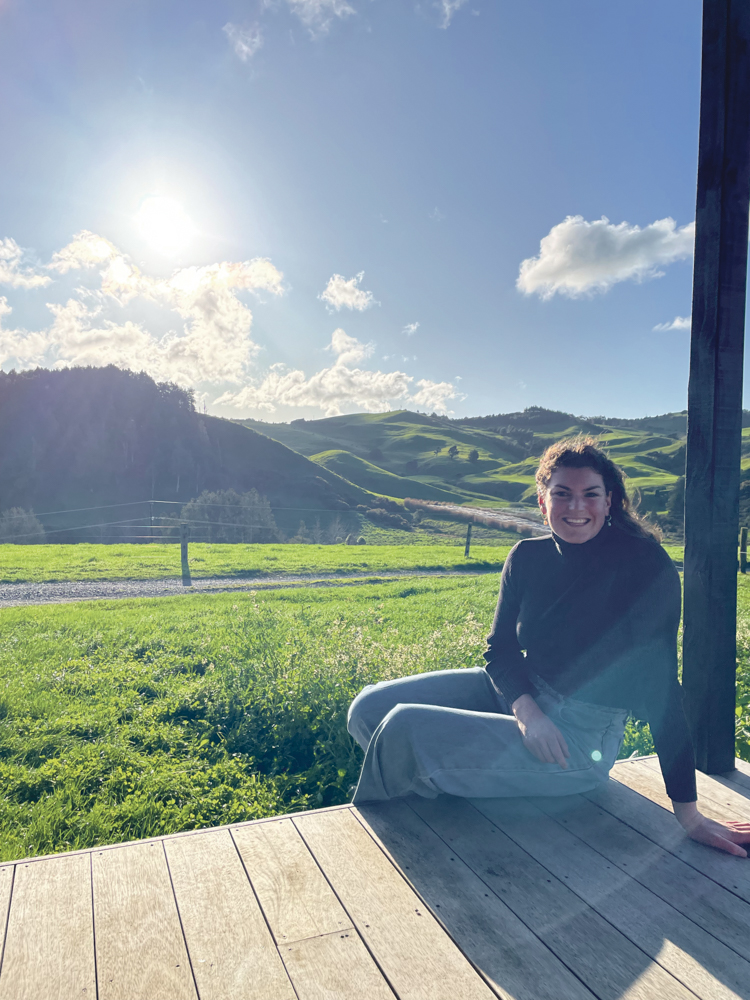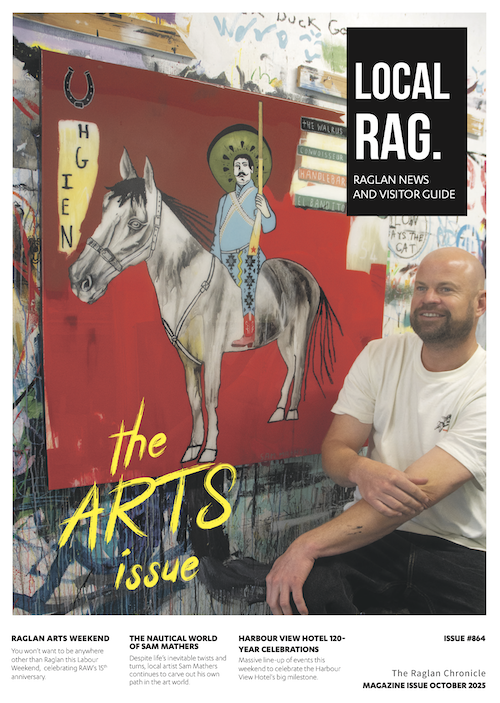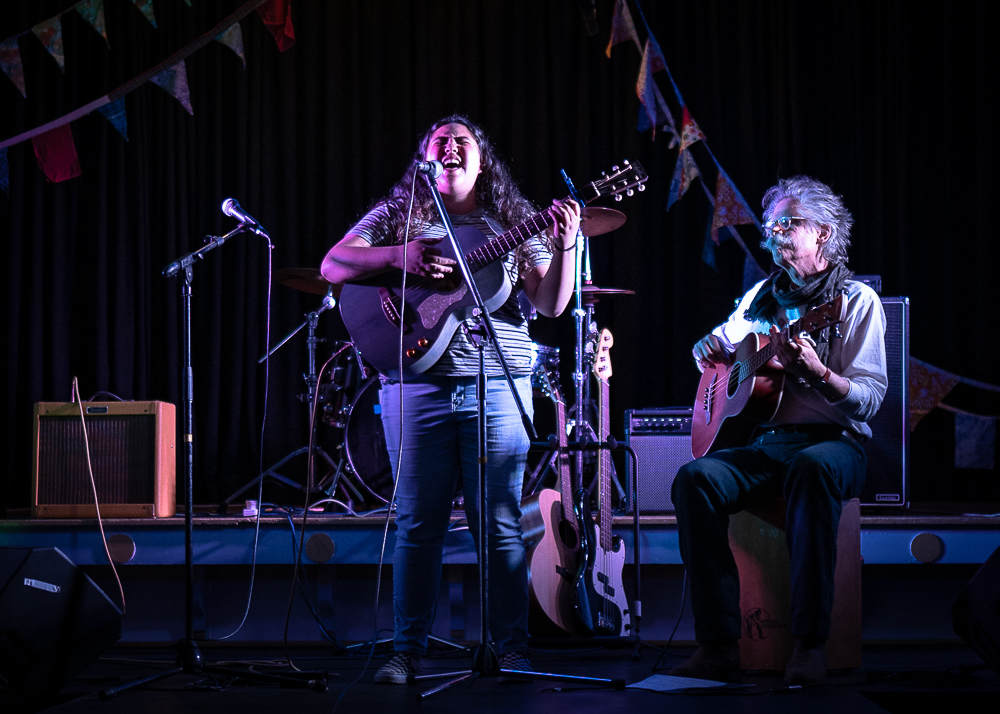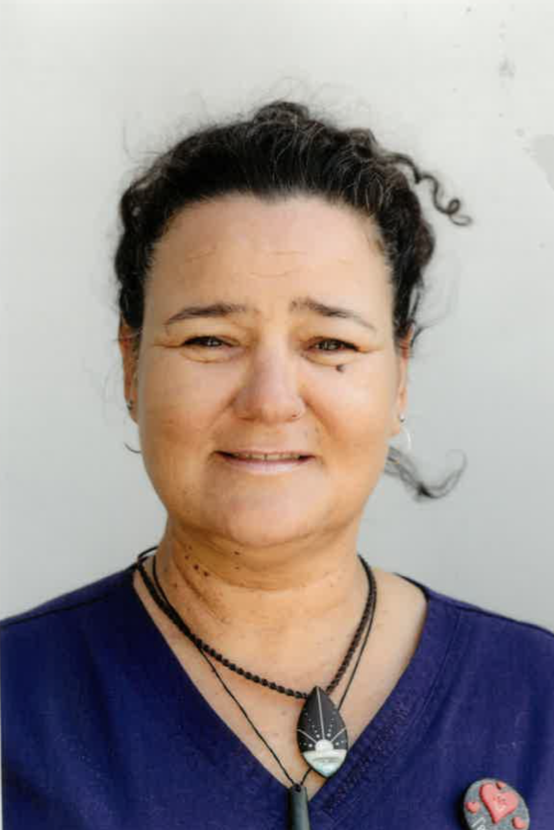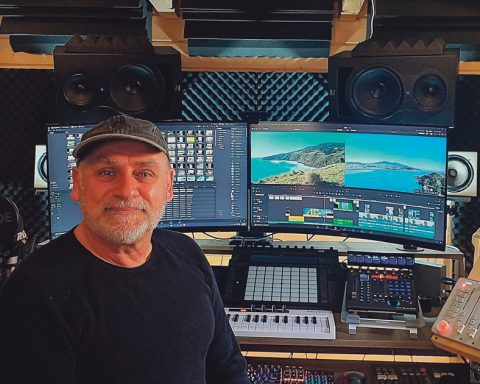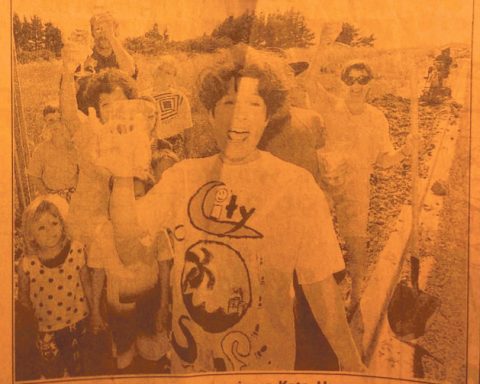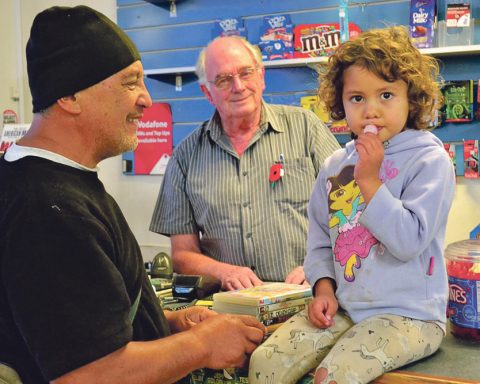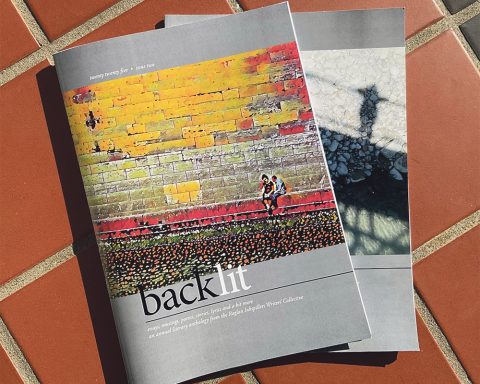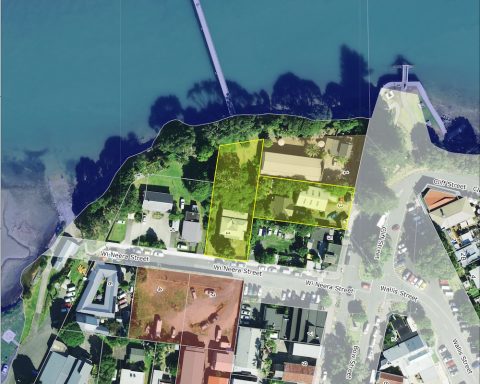With Ruby Gibbs creator of the Mental Health Toolbox. In this month’s Local rag, Ruby chats to Eve MacFarlane.
What is your relationship like with your mental health?
It’s a healthy relationship! I have really built up my awareness of my mental health over the past 5 years or so! It’s handy to know when I’m feeling low, what’s triggering that and why and what I need to do if I want to do something about it. In the past I perhaps didn’t really know much about mental health. I would bottle emotions and all that kinda jazz. After going through depression I feel like I have a much healthier relationship and I know what mental health is about. It’s so natural for us to have all these emotions.
What has your past relationship with it been like?
I battled with depression for about a year or so after competing at the 2016 Olympic Games when I was 24. I knew something was wrong but I didn’t really consider it to be my mental health. To be honest, I wasn’t even sure what depression really was back then.
Is it something that you consider every day?
I think I do but now it’s more organic than consciously considering it everyday. I will often let my partner know if I’ve felt a certain way that day and that goes for the high and low days. For me I think it’s good to acknowledge and to chat about how we are feeling. It helps in finding the ‘why’ behind the ups or downs. Every day is going to be different, and having high and low days I think is good, it’s natural, that’s just the beauty of being a human, we get to experience so many emotions. But for me, it’s just making sure those low days don’t turn into weeks or months and doing something about it, if it begins to head that way.
You’ve been to the Olympics three times, how did you cope mentally with that challenge?
I think as an athlete it’s almost easier to put your emotions aside. It helps you get on with the job. There’s no time for stress or anxiety in a competition. As an athlete you’ve got to be quite good at using your mental power to push yourself further. It’s always about going for more and more and more. Whereas when I was going through depression, I learned it’s not about pushing.
And how did you handle the post-Olympic feelings?
I feel like it wasn’t really talked about much before I had gone to the Olympics. I didn’t really know it was coming. It was this post Olympic void. There’s this pinnacle event that you’ve been leading into for four years, you have racehorse eyes and then it finishes. You’re like now what? You have to reset your whole purpose. If you’re taking time out, you are transitioning into work life. It’s so bizarre. It can be lonely but I do think that almost everyone does experience these sorts of feelings. Whether that’s transitioning from a relationship or transitioning jobs, it’s all sort of related. I was lucky enough to get to three games and each time I’m like ok I know this is coming. But even after the last games in Tokyo, I knew it was coming, but that didn’t necessarily stop it from coming! I’m just a little bit more equipped to handle it now.
When you have been at your lowest ebb, what has kept you pushing through?
At my lowest it was mostly family, friends and my partner who were all a huge help. Initially, it was seeing a doctor, letting close friends and family know and chatting with a counsellor here in Raglan. Then after acknowledging that, it was all about taking small steps. After the Olympics I struggled to find my purpose. It was this ‘now what..’ But once we started to build our tiny home I could see that having a goal was something that gave me that purpose. We moved into a little 10sqm shack in the winter while building our tiny home and this had a hugely positive effect on my mental health. I became so appreciative of the simple things. We lived extremely basic lives while in the shack, we had cold showers under the hose and dinner by candle light. It made me so appreciative and grateful for the little things in life.
What are some of the lessons you have learnt?
I was looking back at the How We Got Happy book to see what I did then and what I do now because I think it’s quite different. I would say just from doing the book, we interviewed more than 20 people and heard all their tools and I feel like now I’ve got this pretty epic toolbox that I can dive into and pull anything out or get rid of something that doesn’t work and add in another one. And just acknowledging my mental health. If I’m having a low day, talking about it with my partner helps. We don’t dwell on it but we can sometimes get to the why and I think that’s helpful. If we know why, then we can change that or put some things in place to help. Or just knowing the why and accepting it. I don’t have to constantly be happy. I learnt that in the beginning. It’s actually ok to feel like shit sometimes. It’s hard to sit in that, it’s hard to be like, I’m ok with this.
What are your go to tools in your toolkit when you feel like you are starting to spiral?
I’m so grateful to have discovered lots of different tools having gone through depression and also interviewing youth and co-authoring a book on the topic. One of my biggest tools I believe is what our tiny home gives and has taught me. It’s a very simple life and it’s more in tune with the environment. I love that it’s taught me a lot about our footprint and what we give and take, it’s made me very aware of what we consume and being grateful for what I do have, less is really more for me. On more of a day to day basis of specific tools, I’ve found that it’s first acknowledging how I’m feeling and what tool/s are going to be the right fit. For me at the moment, I’ve been using cold showers, which sure enough gets me out of my head and into my body! And also a run has been doing that for me too. These are not everyday things but I call upon them as I need. Balance is also a big one for me, so having interests outside of what the majority of my day entails is good for my mind and soul. Whether that be surfing, yoga, or at the moment a lot of art, I’ve found so much goodness in getting in my studio and creating!
How We Got Happy – Stories of Health, Hope and Happiness From 20 Young Kiwis Who Beat Depression by Johnathon Nabbs and Eve MacFarlane
Exploring the habits, tools, beliefs and exercises that have helped these youth move from the bottom of the bell curve up. Shared in a positive, constructive way.
@howwegothappy
www.howwegothappy.co.nz
